Java is a multi-purpose language of programming. It can operate a broad spectrum of uses, including gaming and social networking apps. What do programmers use Java for?
This article will discuss Java’s definition and applications. We also give you a comprehensive guide on its components and platforms.
Now, let’s scroll down to learn more about this powerful programming language.
What is Java?
Java is an object-oriented coding language and computing platform that has diverse applications. It can operate on billions of gadgets, including laptops, computers, mobile phones, game consoles, hospital instruments, and more.
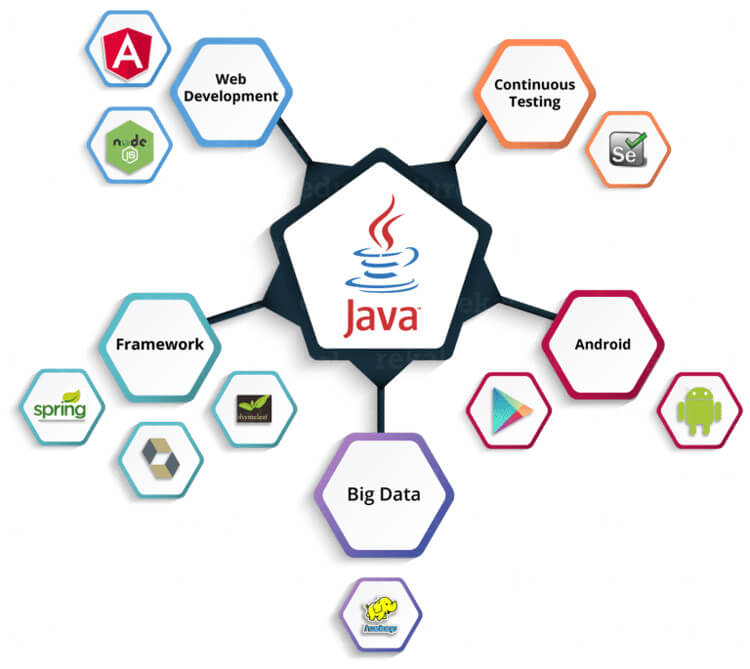
Java’s principles and syntax have built their foundation on the C# and C++ programming languages.
It’s also significant to remember that Java is not the same as JavaScript. Conversion is not necessary for Javascript, while it is crucial for Java code. Furthermore, Javascript can only work in web browsers, but Java can operate anywhere.
What is Java Used For?
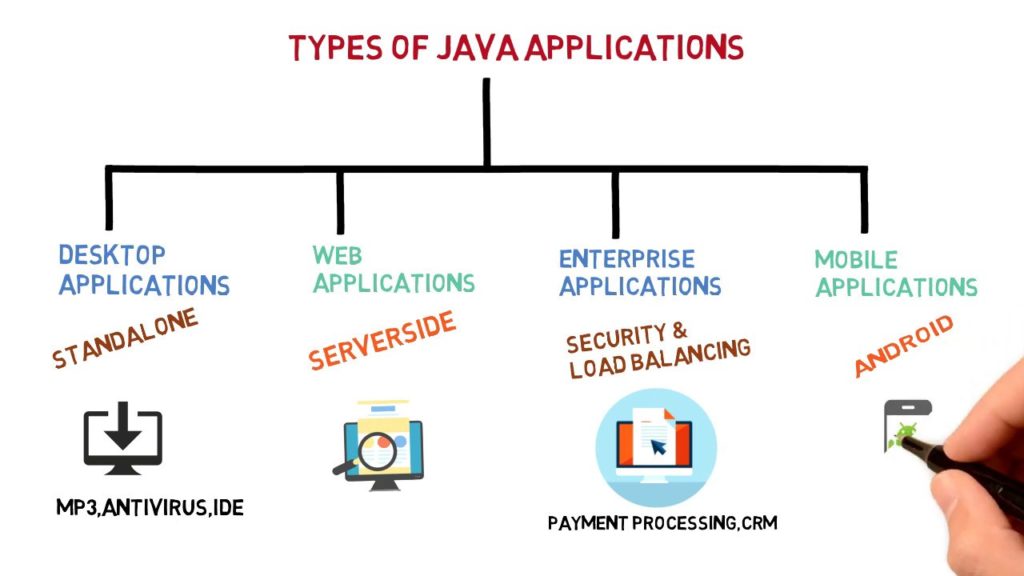
As aforementioned, Java serves many purposes. Here are the most outstanding applications of Java:
- Handling transaction management in banking.
- Developing payment apps in stores and restaurants.
- Addressing implementation requirements in information technology.
- Running Android applications.
- Working on server-side apps in financial services.
- It’s utilized in server-side applications in financial services.
- Creating algorithms for selecting which firm to invest in on the stock market.
- Creating a framework for big data.
- Coping with a massive amount of data in the research and scientific community.
Features of Java
Now, let’s discuss some features of the Java programming language, which make it a functional and beneficial tool.
Simple functions
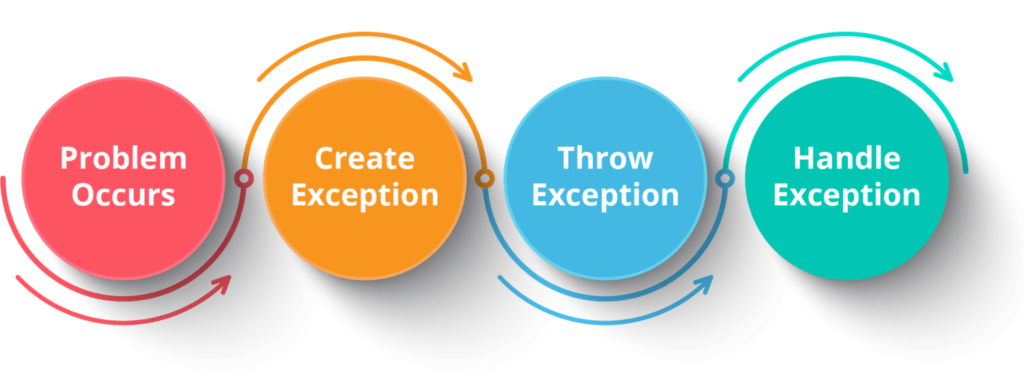
Java has improved the quality of life by reducing all of the restrictions found in C++ and other programming languages, such as pointers and error handling.
Portable tool

Java is platform agnostic. You can convert any application built for one Java platform to another easily.
Object-oriented programming language
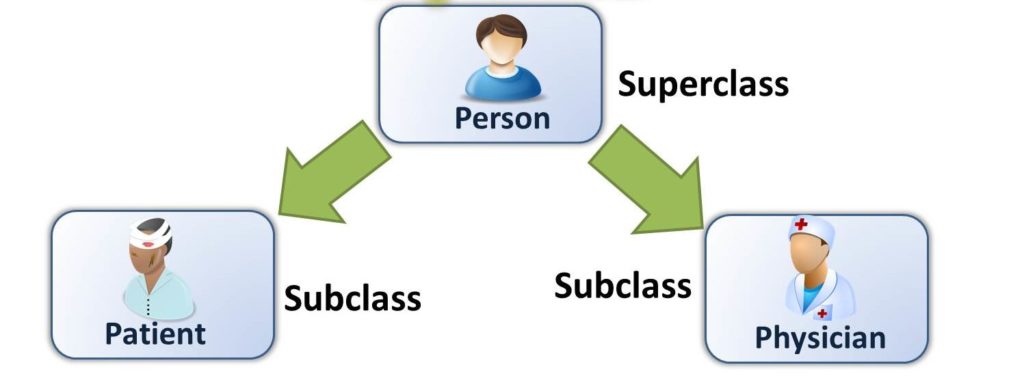
Using the Java programming language means that you consider everything as an object. The object-oriented language has its own state, behavior and can perform its operations.
Secured processing
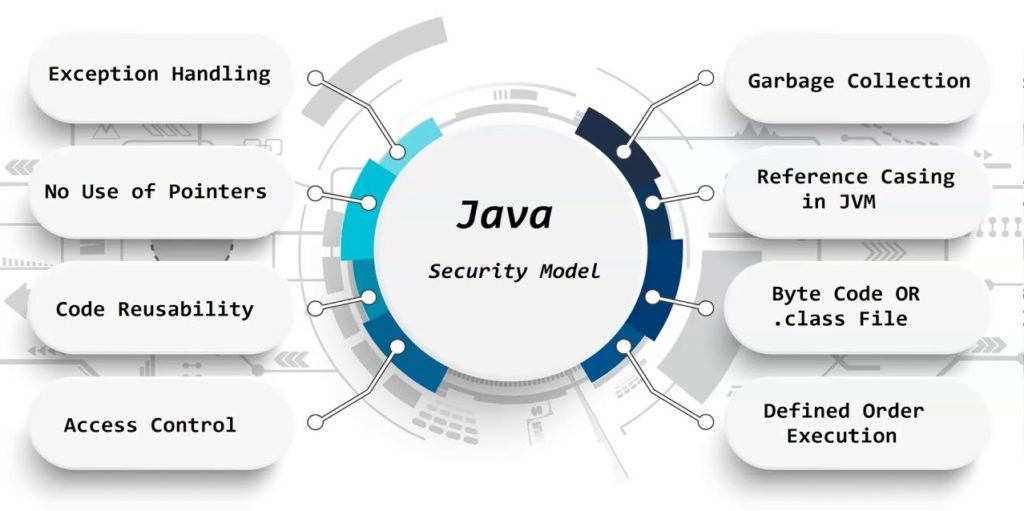
After processing, Java developers will transfer all of the code to bytecode, which is unreadable by people. Java does not utilize an explicit reference and runs applications in a sandbox to avoid unauthorized sources from interfering.
It facilitates the generation of virus-free and tamper-proof systems.
Distributed systems
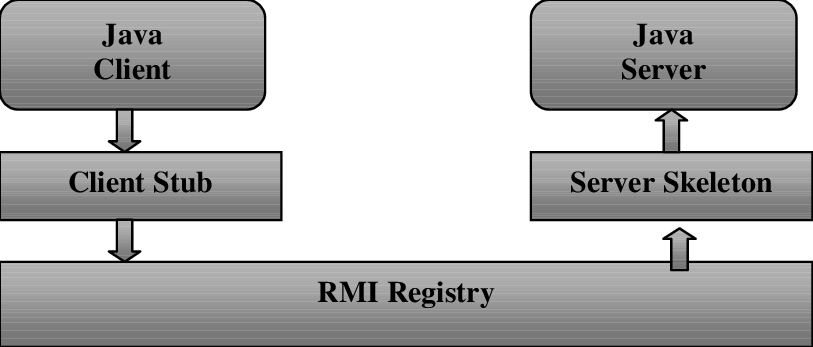
This language has functionality that aids in the development of distributed systems.
A program can use Remote Method Invocation (RMI) to execute a function in another program via a network and receive the results. You may use the ways of accessing any Java file from other devices connected to the internet.
Dynamic platform

Java can adjust to different conditions and allow memory allocation, saving memory waste and improving the operating system.
Components of Java Programming Language
A Java programmer creates a system in Source Code, which is a human-readable format. As a result, the CPU is unable to interpret source code generated in any coding language.
Machine code is the only language these devices understand. These machine instructions run Java programs on the CPU. As a result, various mechanical codes would work for different CPU variants.
However, because coding is all about source code, you must be careful about the machine code. The machine reads this source code, then converts it into machine-readable code.
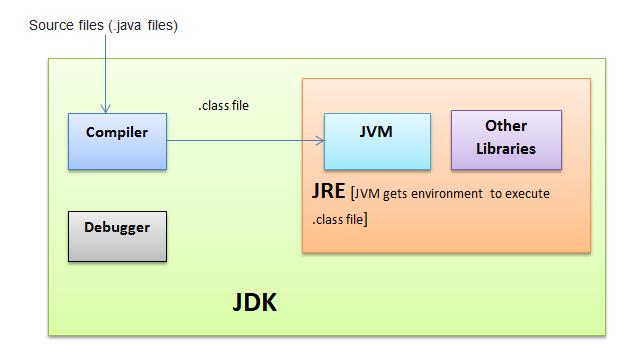
All of these features are present in the following three Java platform elements:
Java Development Kit (JDK)
The JDK is a software platform for developing Java applets and programs. JDK stands for Java DK in its finished form.
The Java programming language is available for Linux, Windows, Solaris, and macOS. They may use JDK to write and execute Java apps. You can install more than one version of JDK on the same device.
Java Virtual Machine (JVM)
The Java Virtual Machine is a program that offers an execution environment for Java programs. It translates Java bytecode to machine code.
The JVM is an element of the Java Run Environment (JRE). The translator in other computer languages will generate machine code for a specific platform. The Java compiler, on the other hand, generates code for the Java Virtual Machine.
Java Runtime Environment (JRE)
The Java Runtime Environment is known as a part of the Java software that allows other applications to perform. The class modules, loader class, and JVM are all available.
To put it another way, JRE is necessary to operate the Java program. If you are not a coder, you need JRE to execute Java apps and not download JDK.
4 Main Types of Java Platforms
Java applications come in different types, including standard, enterprise, micro, and FX versions.
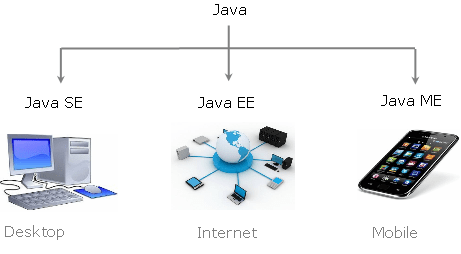
Standard Edition (Java SE)
The Java SE API provides the basic features of the Java coding language. To high-level classes, it covers all of the category and object foundations.
The standard edition of this Java platform is suitable for security, networking, security, database access, GUI construction, and XML processing, among other things.
Enterprise Edition (Java EE)
The Java EE system gives an API and execution framework for building and operating large-scale, reliable, multi-tiered, secure network programs.
Micro Edition (Java ME)
The Java ME platform includes an API with a small footprint VM for executing Java programming language applications on cell phones and other small gadgets.
JavaFX
JavaFX is a tool for building sophisticated online applications with a focus on simplicity. It makes use of hardware-accelerated visuals and media systems.
As a result, a Java platform can benefit from higher-performance consumers, a contemporary appearance, and a high level of Java API for accessing different databases.
Conclusion
We have shared with you some basic information about what is Java and its function. With remarkable features, this programming language and platform are becoming more popular in the information technology industry.
Making use of Java technology to serve your increasing demand in IT is no doubt a good idea.
